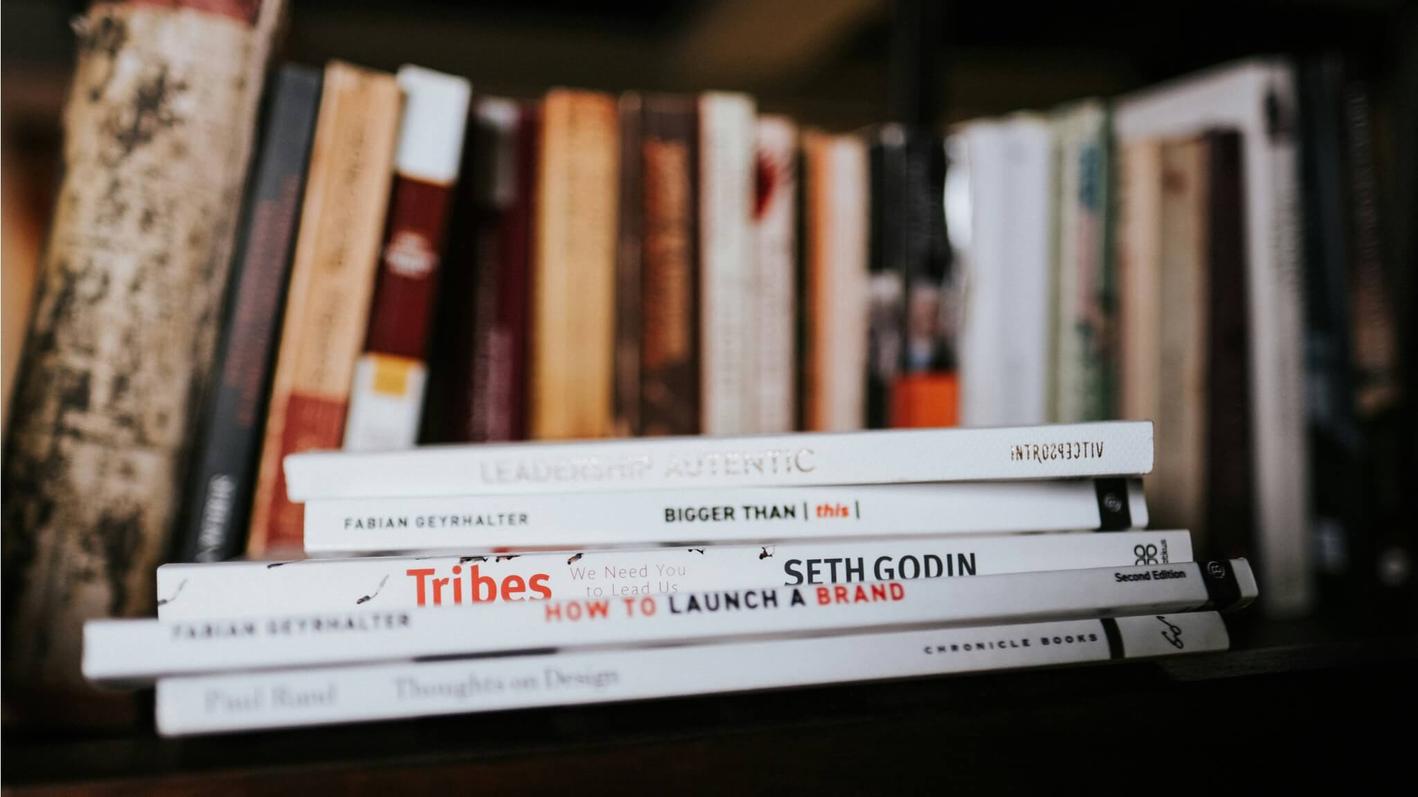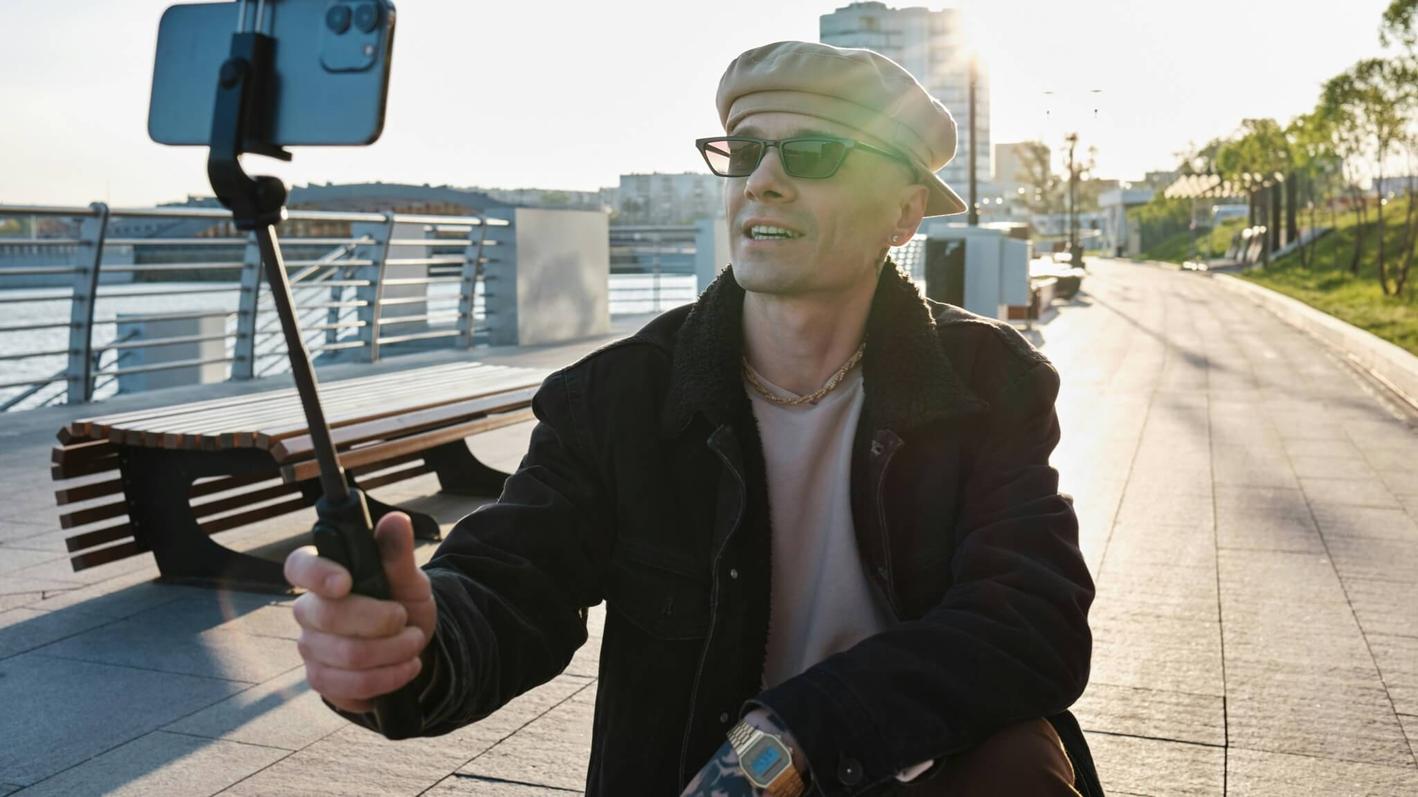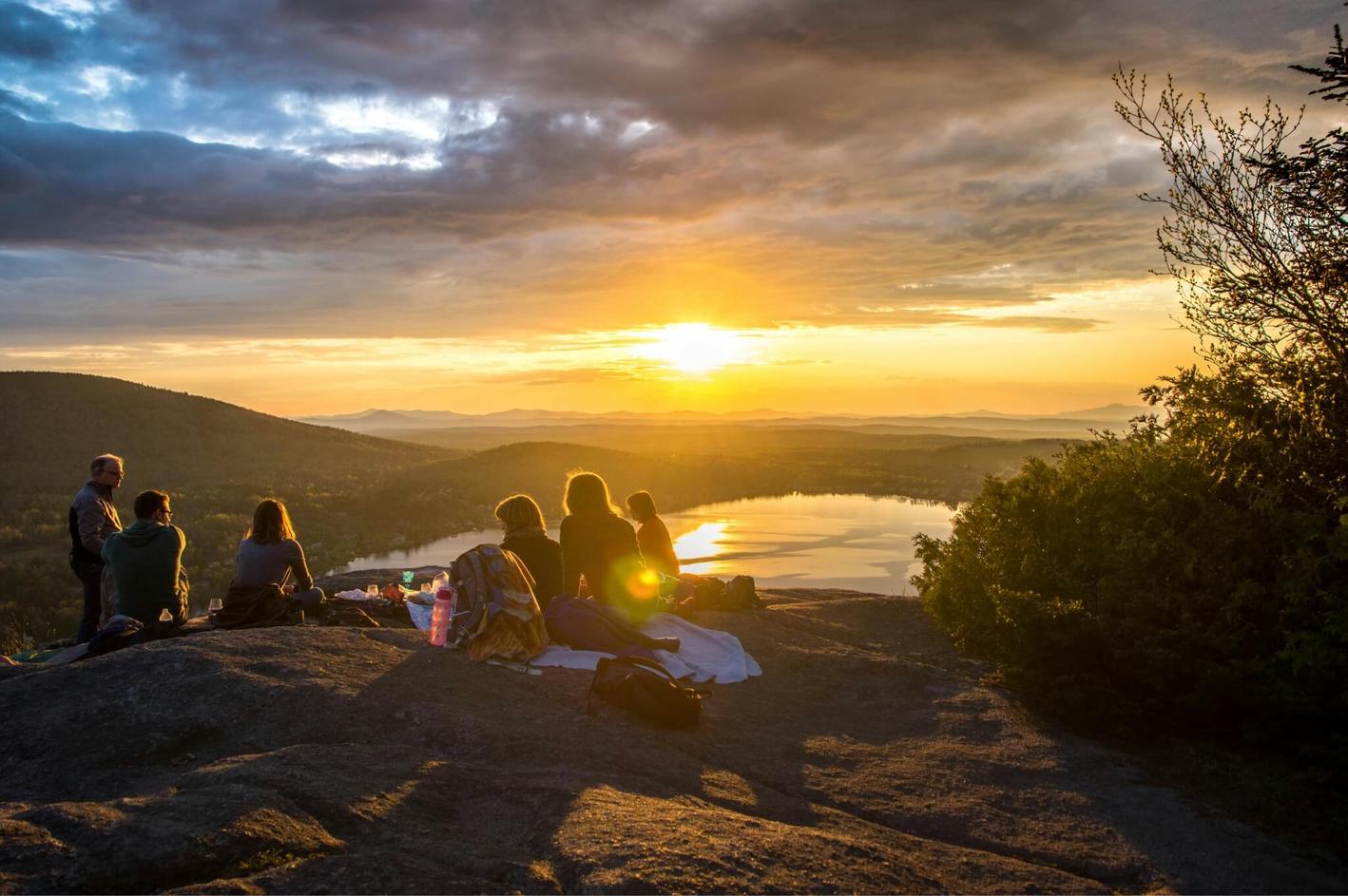It’s 2034. You take a trip to Italy on your annual government-sanctioned leisure flight.
After you’ve arrived, unpacked, and freshened up, you Google “best gnocchi in Milan”. You get a set of cards with beautiful photos of pasta dishes.
But all the forks have too many or too few tines, and the plates are weirdly shaped… but not in a fun, kitsch way.
You find one place that looks nice and is nearby. Google says it’s open.
You check the reviews. They’re all in perky American English, and either unbounded in their praise or bottomless in their disdain. 99% of people found these reviews helpful.
You Uber there, only to find the restaurant is now a vape shop – and there hasn’t been a restaurant here since 2029.
That’s when people stopped writing restaurant reviews on the web because Google kept rendering them as little factoid cards. They’re terribly convenient for the searcher on-the-go, but because the searcher doesn’t need to do anything else, the sites Google were scraping received no traffic, and therefore no ads and no subscriptions.
So they stopped publishing on the web, and starting making Blorks instead (15 second videos delivered via an algorithm that tracks your search history, your Netflix queue and your bathroom habits, all to give you the best possible experience).
I want to talk about the future of marketing for entrepreneurs, small businesses, subject matter experts and the like. I’ve got good news in the wake of scary announcements about AI and changes to search. But before we get there, we need to turn the clock back a bit.
How it started

In the late 90s, Seth Godin published Permission Marketing, a book about how we need to stop yelling at people and instead find ways to invite them to opt in. The best example we have of this today is newsletters and podcasts.
We got pretty good at this, and then Google came along and gave us a discovery engine. Suddenly, if you could write well and you had a few contacts, you could write stuff that would bring strangers to your website who then might buy stuff from you or click the links to buy stuff from other people.
And thus began a whole cat-and-mouse game between Google and the SEO gang, half of whom would offer short-term tactics while the other half would say “no really guys it’s just about creating great content, yeah?”
And so “content marketing” became the thing. Now the game pivoted to taking what other people had written, adding a bit more to it – or making it fit an increasingly niche audience we call the “long tail” – and waiting for the clicks.
And then Google started tailoring search results based on past history, and adding breakout boxes that delivered info without users needing to leave the safety of Google.
But us marketing types, we’re tenacious. So we pivoted to social media. From 2009 onwards, we saw brands join social networks, go viral, engage in top bants, and eventually devise programmes to rid our customer support reps of the trauma they’d endured at the angry typing fingers of the public.
But all this fun was built on land owned by Facebook and Twitter. Enterprises small and large were getting exposure and reach through these platforms, and they weren’t paying for it. So those companies took it away, and what felt fun and organic was reduced to yet another #ad campaign.
How it’s going

Social media led to the rise of the Influencer, and a new way to get stuff organically in front of people. Now, if you have enough of a budget, you can partner with an influencer and they’ll tell their massive audience about your stuff. Or you can send it for free and hope they’ll review it favourably.
And that was fine and well and good but a bit dishonest, so various regulatory bodies decreed that any such campaigns needed to be marked as “paid promotions” (even if no money actually changed hands). All in all I think that’s probably a good thing, but it does mean that genuinely fun and interesting partnerships are reduced to looking like bare-ass ads.
Since 2004 podcasting has been bubbling along in the background. Since 2016(ish) it’s been embraced by people with knowledge and experience to impart, as a way to “build authority and strengthen relationships”. I put that in scarequotes as it might feel a little buzzwordy. And it kind of is, so let’s break it down.
Podcasts – like email newsletters – are forms of opt-in marketing, where you choose whether to engage. We invite authors into our inbox, and we choose to hit “Follow” or “Subscribe” on podcasts we want to check out. They’re not thrust upon us, and in most cases, we don’t necessarily go searching directly for them.
Podcasts are especially useful because their personal approach makes it feel like you’re sharing a moment with the podcaster in realtime, not just reading a preprepared statement. There’s vulnerability, personality, imperfection, and all the hallmarks of humanity in the human voice. That’s what makes it so powerful for relationship building, as long as the stuff you’re sharing is truly worthwhile.
This is relationship marketing, and it’s based less on content and more on, as the name suggests, human relationships. Yes, we still need to create stuff that solves problems for people. We still need to hook listeners, retain their interest, and reward them. But the content marketing world treats each piece as something relatively disposable, whereas podcasts – again, like email newsletters – let us build reputation and trust brick by brick.
And the best thing is there’s no bate and switch. A squishy sort like me and a marketing bro like Alex Hormozi* can both nakedly say “I’m making this stuff because I want to earn your trust”, because what’s at the other end of that trust is an offer you either will or won’t take us up on.
So, what does this mean for what we’re already doing? How do we put this in motion?
How to do this “relationship” thing

Like I said, we still need to hook people in with great premises and problems people are experiencing. We need to solve those problems within the episodes we publish, or the emails we send.
We then need to focus on depth of relationship, not breadth. Would you rather spend 5 minutes with someone charismatic if you felt like you were the only person in the room, or get 10 seconds to shake their hand before they make their way to shake the next hand?
That changes how we address our listeners, not just how we think about them. You have an opportunity to subvert the one-to-many model and instead change it to a many-through-one model, where you aren’t the wise dispenser of information, but the curator, the guide, the – if you’ll excuse the icky coaching term – ”space holder”.
This also changes the fundamental building blocks of your podcast, or at least changes what’s important about them. These are
- Your unique take on the problem you’re here to solve
- Your voice and rhetorical style (the actual timbre and cadence of your voice)
- The way you make people feel (through speech, music, and experience design)
- How your work fits into listeners’ lives (where are they when they’re listening? Do they miss you when you’re not there on their usual Sunday walk?)
I’ve long been an advocate for podcasts having good websites. I used to sell that on the basis of SEO, but that is meaning increasingly less as years progress.
What is important is remembering that a website is your home, your land. It’s where you can invite listeners and subscribers to take the next step with you. It’s the land on which your clubhouse is built, or at least it’s the door to your clubhouse.
Which ultimately brings us back, full circle, to permission marketing. Or maybe the next evolution of it.

Relationships are what AI can never give us. They can provide a facsimile, but I think we’ll discover over time that, like sugar substitutes, relationships with AI occupy different (less wholesome, less nutritious) spaces in our minds.
In a year or so an AI assistant will probably be a great maths tutor, maybe even a guitar teacher. But it won’t be able to navigate an autistic shutdown from a frustrated student, or show a left-hander exactly where to apply pressure so their F chord rings out.
We can’t commune with AI. We can’t sit around a campfire and hear a story and see the glistening in someone’s eye as they tell it.
Eventually everything you know will be freely available, if it isn’t already. What you do, what you offer, isn’t your knowledge or expertise – it’s that + your experience, your gaps, your leaps of logic, your connections to the seemingly unconnected. It’s your randomness, and it’s your love.
So let’s stop creating content for the algorithm or the back catalogue, and let’s instead figure out how we bring people together.
If you want to explore that with me, I’m running a collaborative workshop on May 30th to discuss how we can strengthen relationships with those already in our circle before we consider widening it.
* I’m currently reading Alex’s new book, $100M Leads, and while there’s some genuine gems in there, the book advocates some unethical marketing practices I’m not about. We’re aligned on the idea of building trust by providing value, not on what you do with that trust once you’ve earned it.

Add your response